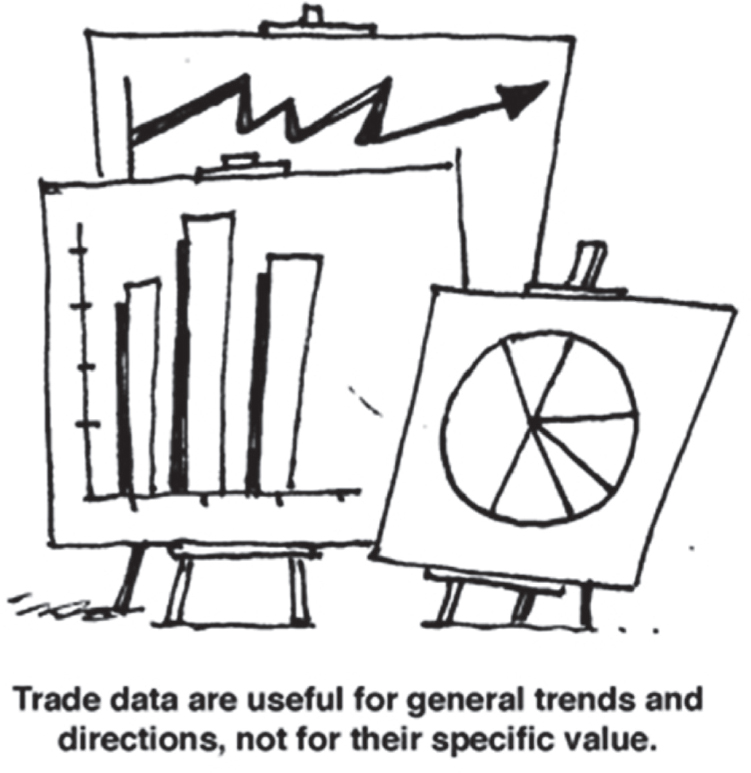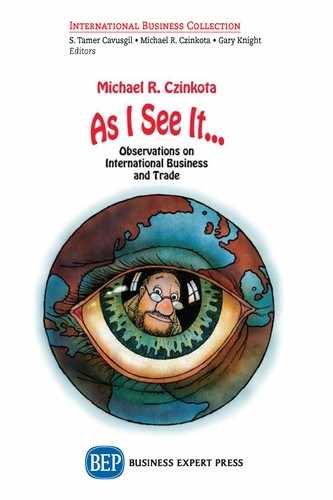Thoughts on the World Economic Forum
Sri Lanka Guardian, January 2015

The World Economic Forum (WEF) convened in Davos, Switzerland for a 4-day conference with more than 2,500 attendees, including government officials, politicians, and even some celebrities. With big names such as Angela Merkel, David Cameron, Jack Ma, and Bill Gates presenting their thoughts, the meeting is significant.
The WEF serves to expose new ideas and innovations and show “this is who we are, and that is what we need.” It highlights the current and future issues and puts momentum behind sensitive international negotiations such as the Transatlantic Trade and Investment Partnership (TTIP) and the Trans-Pacific Partnership (TPP).
This year, the theme of the “new global context” focused on the conflicts instability, in addition to political, economic, and technological changes that make the world a fragmented place. The conference lived up to its reputation for insights and surprises such as the announcement that European Central Bank would purchase €60 billion a month to ward off deflation, encourage inflation and jumpstart growth across the 19 nations that are based off the Euro. Although many had expected smaller quantitative easing efforts, the annualized €720 billion was a reasonable comparison to the U.S. pumping in dollars in 2008 and 2009.
Canada’s Prime Minister Justin Trudeau explained the work that went into unveiling the world’s first 50/50 gender-balanced cabinet when he took power last year. It is a measure to encourage women to apply for public positions (since they represent 50 percent of the population). Meanwhile women still get paid less than men for the same work.
After years of tying the Swiss Franc to the Euro, the currency appreciated rapidly to its highest valuation in 30 years following the Swiss National Bank decision to allow an unrestricted rally of its currency.
A study released by international group Oxfam projects that the world’s richest 1 percent, mostly from the United States and Europe, will soon own more than the rest of the world’s population put together. Li Keqiang, Premier of the People’s Republic of China, stated “we need to ensure a relatively high employment rate, especially sufficient employment for young people. And we need to optimize income distribution and raise people’s welfare.”
The number of people forcibly displaced in 2014 stood at 59.5 million according to the United Nations High Commissioner for Refugees (UNHCR), almost 50 percent more than in 1940.
Terrorism and its effect on the global economy were brought up by French president Francois Hollande. He mentioned, “there cannot be prosperity without security.” Others called on the private sector to play a greater role in developing a global international response and addressing the root causes of terrorism.
Climate change, water crises, and social instability are seen as the greatest global risks for the next 10 years.
Personally, these three items surprised me:
• The lack of prepared plans and budgets for zero-cost money. Having free money not only expands the tools, but also changes the toolbox. This began in an era of mega trans-border problems, such as Ebola and climate issues, untold opportunities in space, and burdensome infrastructure reforms. All of these problems persist while the guests arrived in 1,700 private jets.
• Former Mexican President Calderon’s claims that Mexicans in the United States do not want a new country, just more money. What an opening for public discourse and dissent!
• A lack of public pronouncements on the changing relationship with Cuba and its effect on all Caribbean competitors and their service industries. Just like Sherlock Holmes’ non-barking dog, the attention given to the problems in Nigeria was insufficient.
As the meeting drew to a close, some big questions remain:
• With global problems in finance, growth, and health—who will run the show and who will give up sovereignty?
• What are the key tradeoffs, and who will supply the money?
• Are the key choices only between “feed, fund, or fight”? Is there a new role for humility and humanity?
• To what length should the daily “long-term” planning horizon of firms and government be recalibrated?
• Since trust is crucial, how can we encourage its growth and intensity, and which fields and endeavors should prioritize trust?
• Are there really long-term links between business and freedom?
• Is it time to slow down systematically, perhaps starting with “slow food”?
